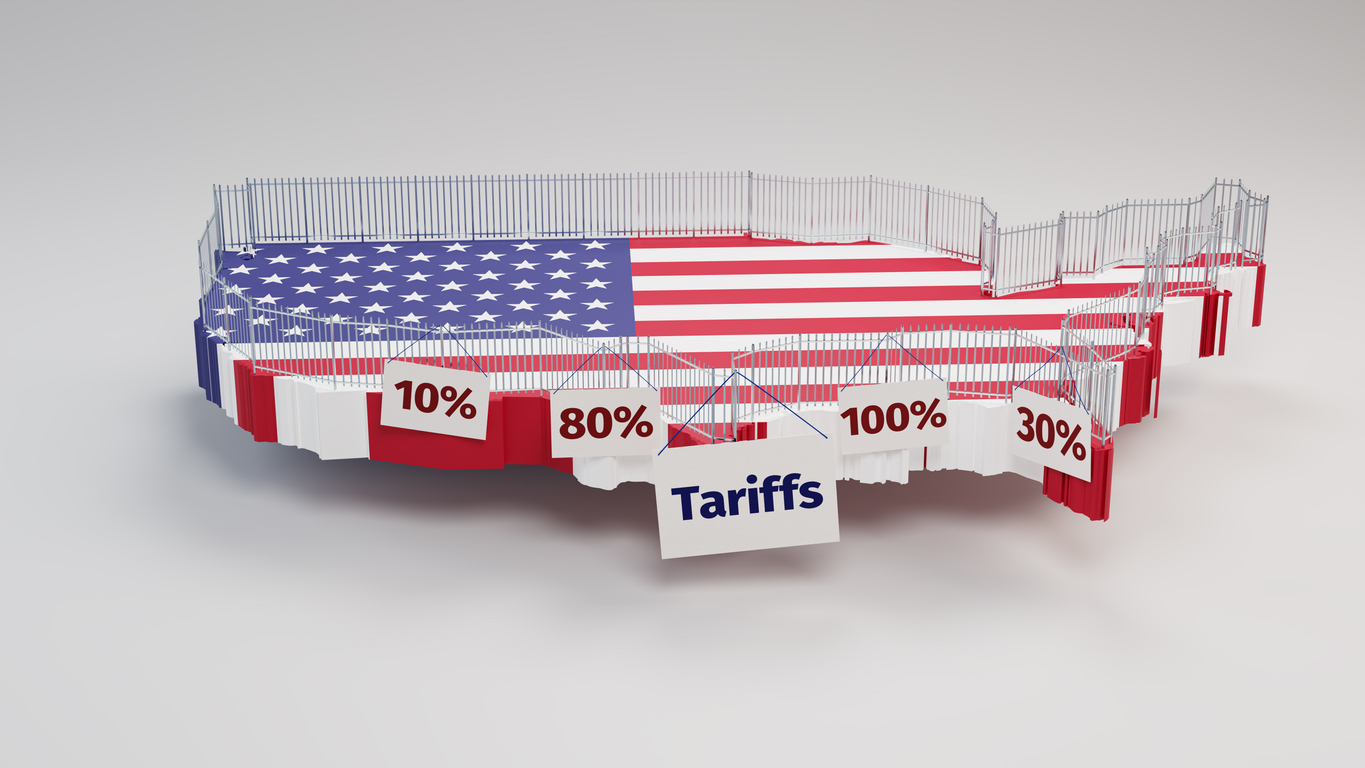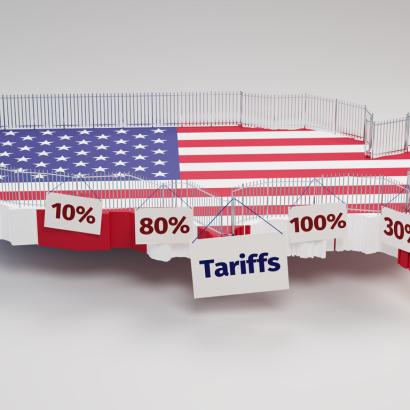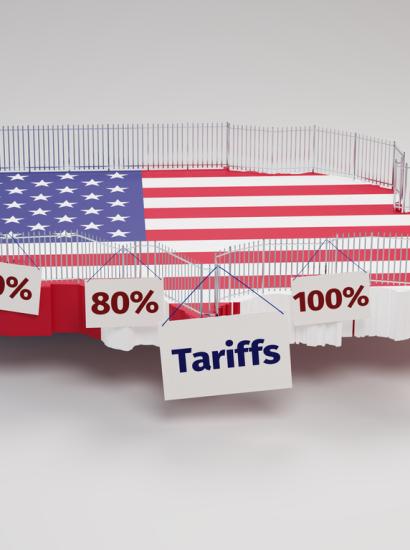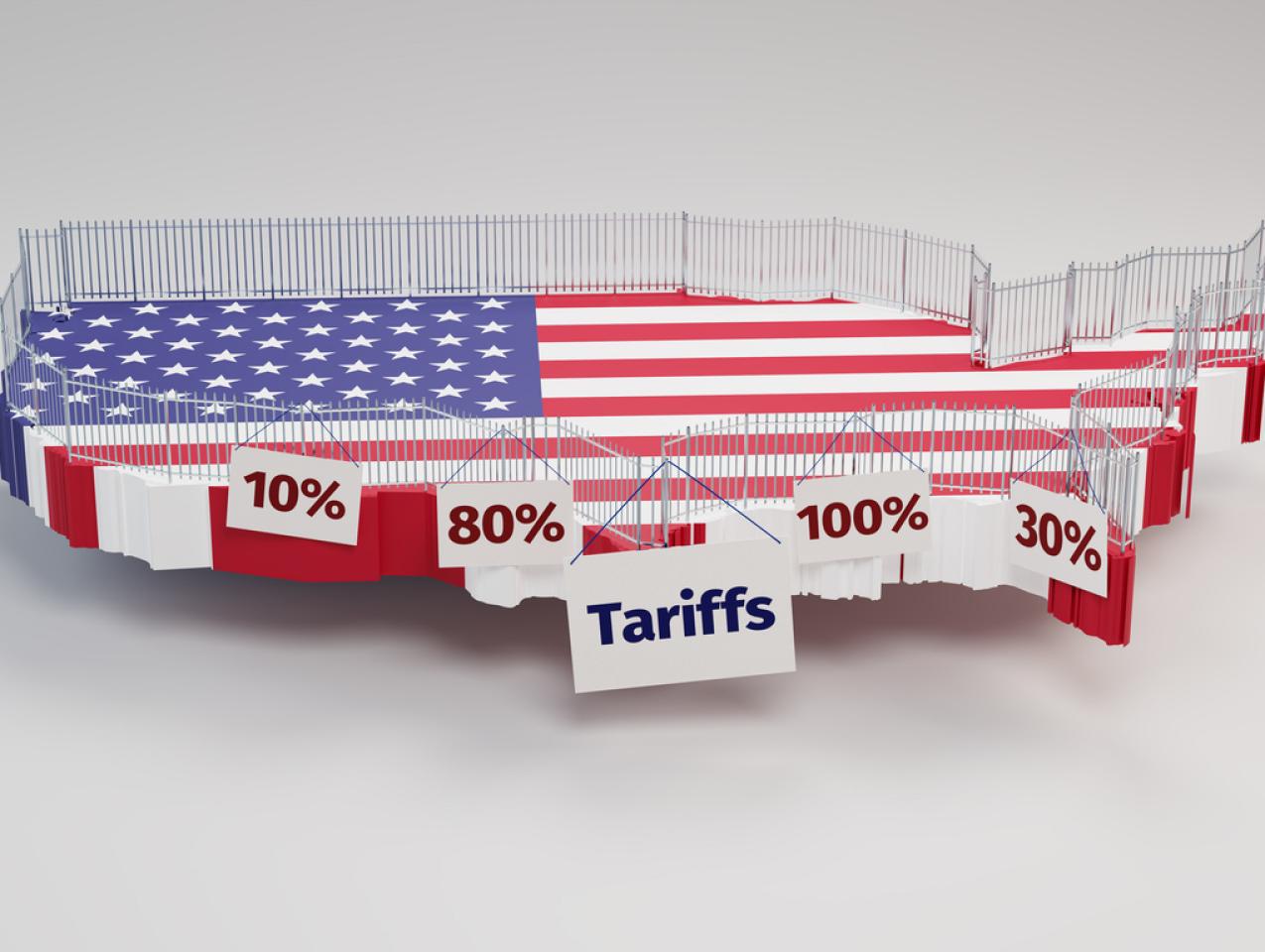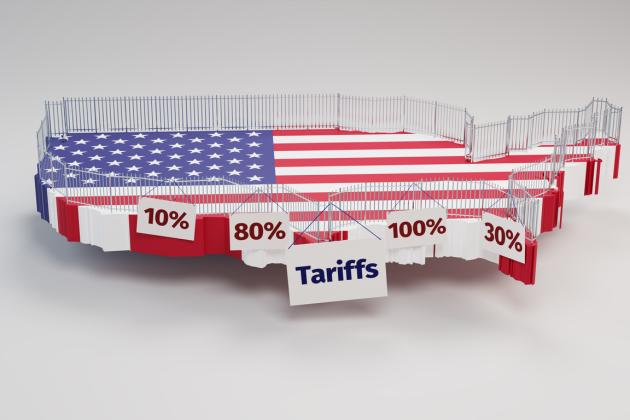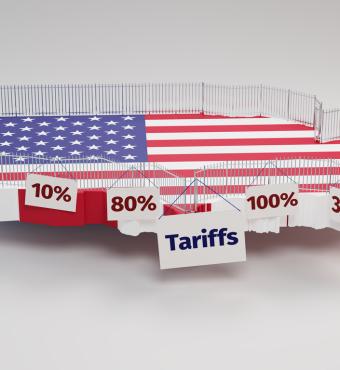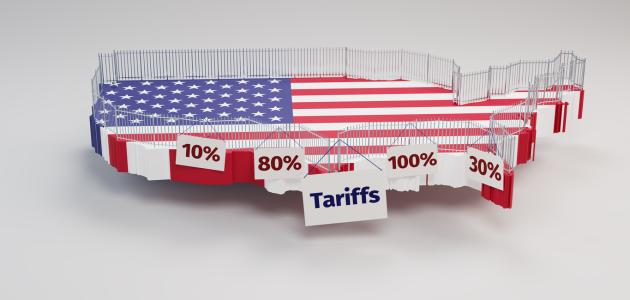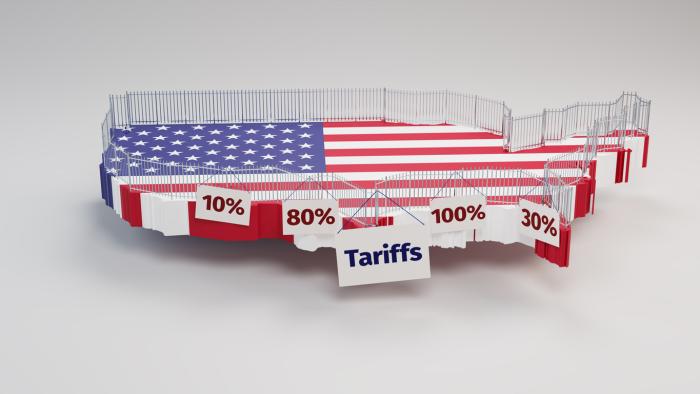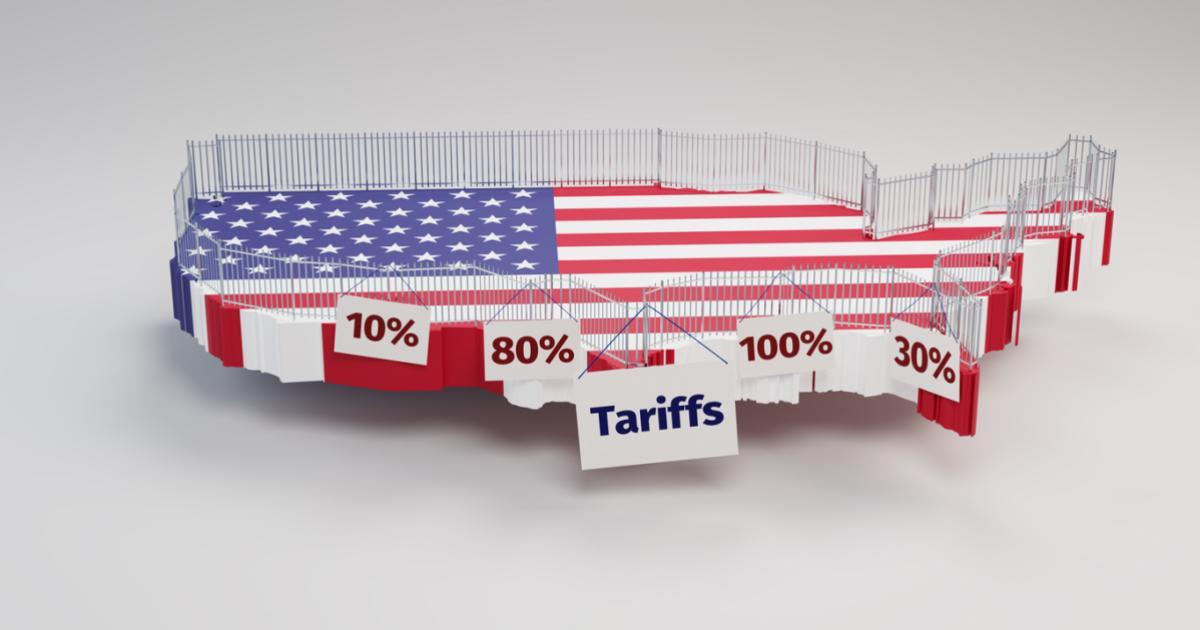Hoover Institution (Stanford, CA) — Hoover Senior Fellow and Research Director Steven J. Davis joined an amicus brief with dozens of other leading economists challenging the broad imposition of tariffs on foreign nations by the Trump administration.
Davis joins leading economists from Harvard University, the Massachusetts Institute of Technology (MIT), the American Enterprise Institute, and other leading universities and centers of policy research who contend that the executive branch’s recent and unilateral imposition of tariffs is based on poor economic reasoning.
With the plaintiffs winning the initial case at the US Court of International Trade in New York in June, the matter is now under consideration at the US Federal Court of Appeals.
“Trade policy actions motivated by unsound economic reasoning will not benefit most Americans,” said Davis. “Nor will they strengthen the United States on the global stage.”
Other economists joining the brief include Nobel Prize–winning MIT professor Daron Acemoglu, N. Gregory Mankiw of Harvard University, and Brent Neiman of the University of Chicago’s Booth School of Business.
Their amicus brief argues that the stated rationale for imposing broad reciprocal tariffs on US trading partners, the fact that the US maintains a trade deficit with each of them, does not constitute an unusual and extraordinary threat to the United States, as is required in the language of the International Emergency Economic Powers Act (IEEPA), the 1970s-era law the Trump administration is using to impose the tariffs.
“Trade deficits, however, have existed consistently over the past fifty years in the United States, for extended periods in the United States in the nineteenth century, and in most countries in most years in recent decades,” the brief states. “They are thus not ‘unusual and extraordinary.’”
Hoover senior fellows Michael McConnell, Philip Zelikow, and Richard A. Epstein earlier joined plaintiffs in their own amicus briefing ahead of proceedings at the US Court of International Trade.
In that earlier brief, the fellows and their co-applicants argued that the president’s use of IEEPA without involving Congress circumvented Article I of the US Constitution, specifically sections 7 and 8, which deal with Congress’s responsibility for raising revenue and collecting “Duties, Imposts and Excises,” or “to regulate Commerce with foreign Nations.”
The US Court of International Trade ruled in the fellows’ and the plaintiffs favor on May 28. The Trump administration appealed the ruling the next day, and the Federal Court of Appeals stayed the ruling pending proceedings for an appeal.
In the new brief that Davis has joined before the Federal Court of Appeals, the economists do not comment on whether the Constitution permits a president to impose tariffs. Instead, they take issue with the economic arguments put forth for doing so, such as the notion that the tariffs will diminish US trade deficits with other nations.
“While the President’s reciprocal tariffs will not reduce the trade deficits, they will significantly affect other aspects of the economy,” the brief’s authors write. “These sweeping tariffs, which will apply to almost every good that enters the United States, will have massive budgetary, allocative, and distributive effects across the country.”
The initial case was brought by six US firms, coming from a variety of goods-producing sectors—including commercial pipe and plastics production, bicycles sales, and recreational fishing—challenging the broad imposition of tariffs on the import of inputs they rely on, initially arguing that only Congress holds the constitutional power to do so.
Read the amicus brief filing here.







